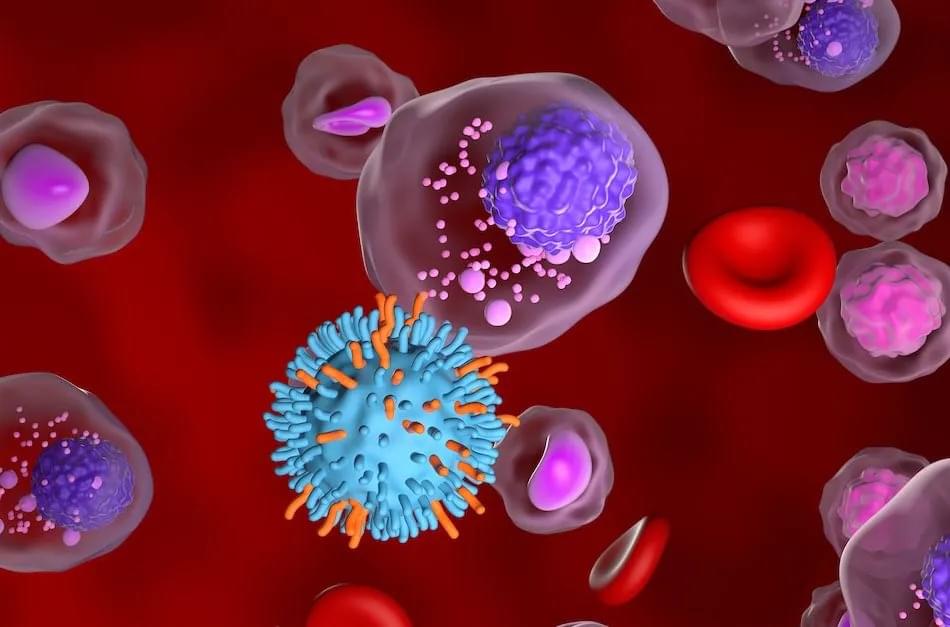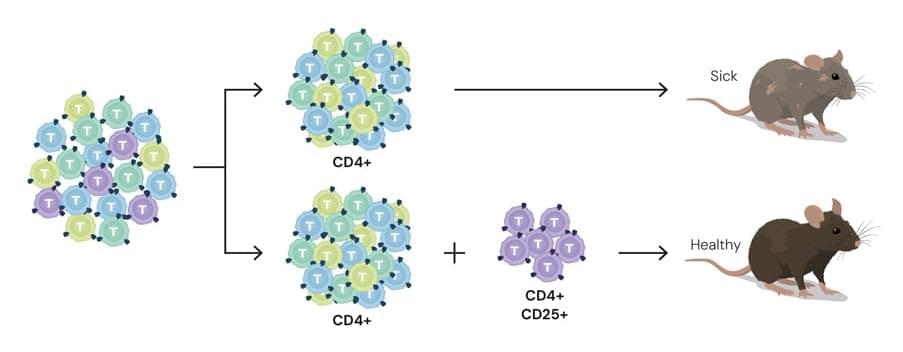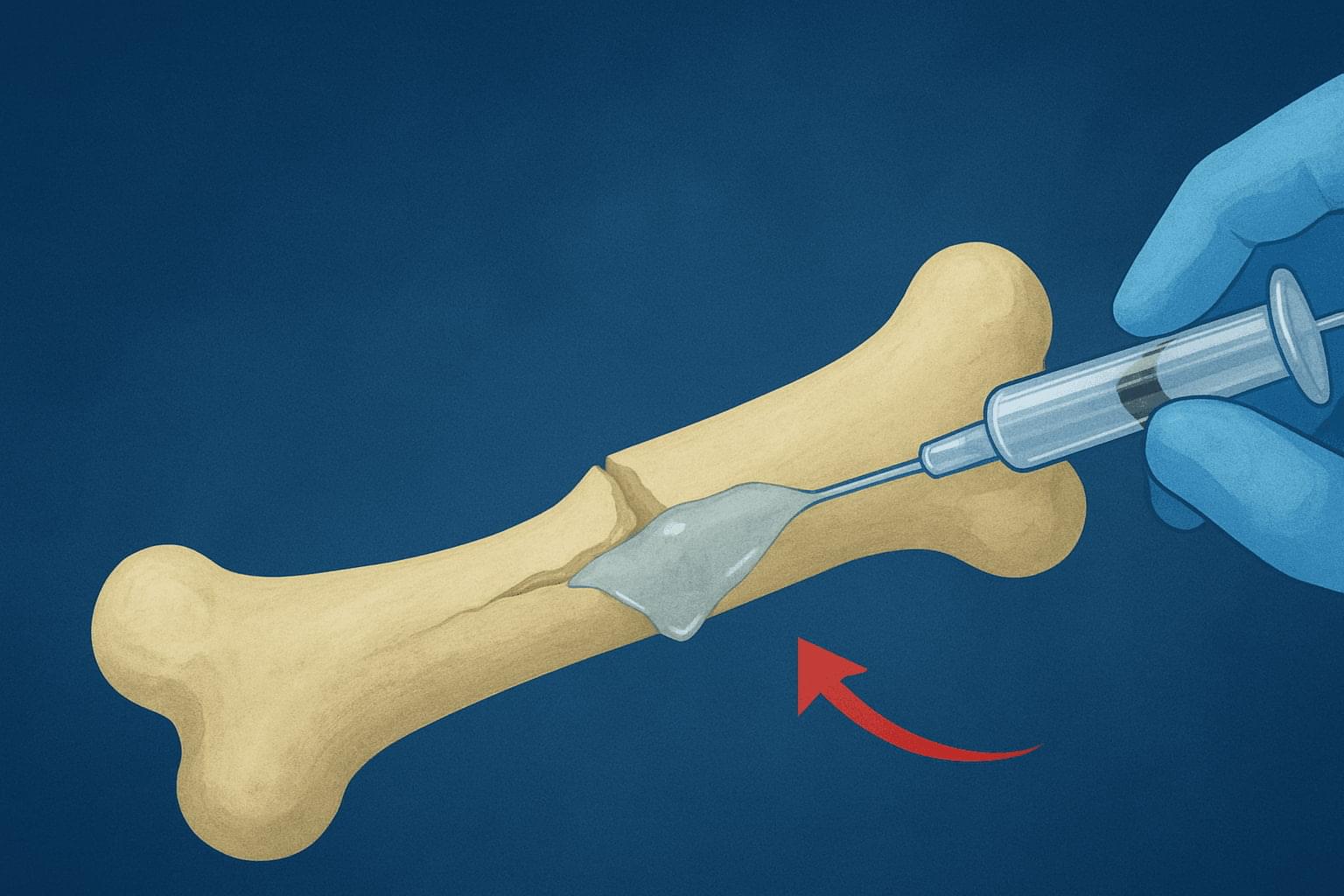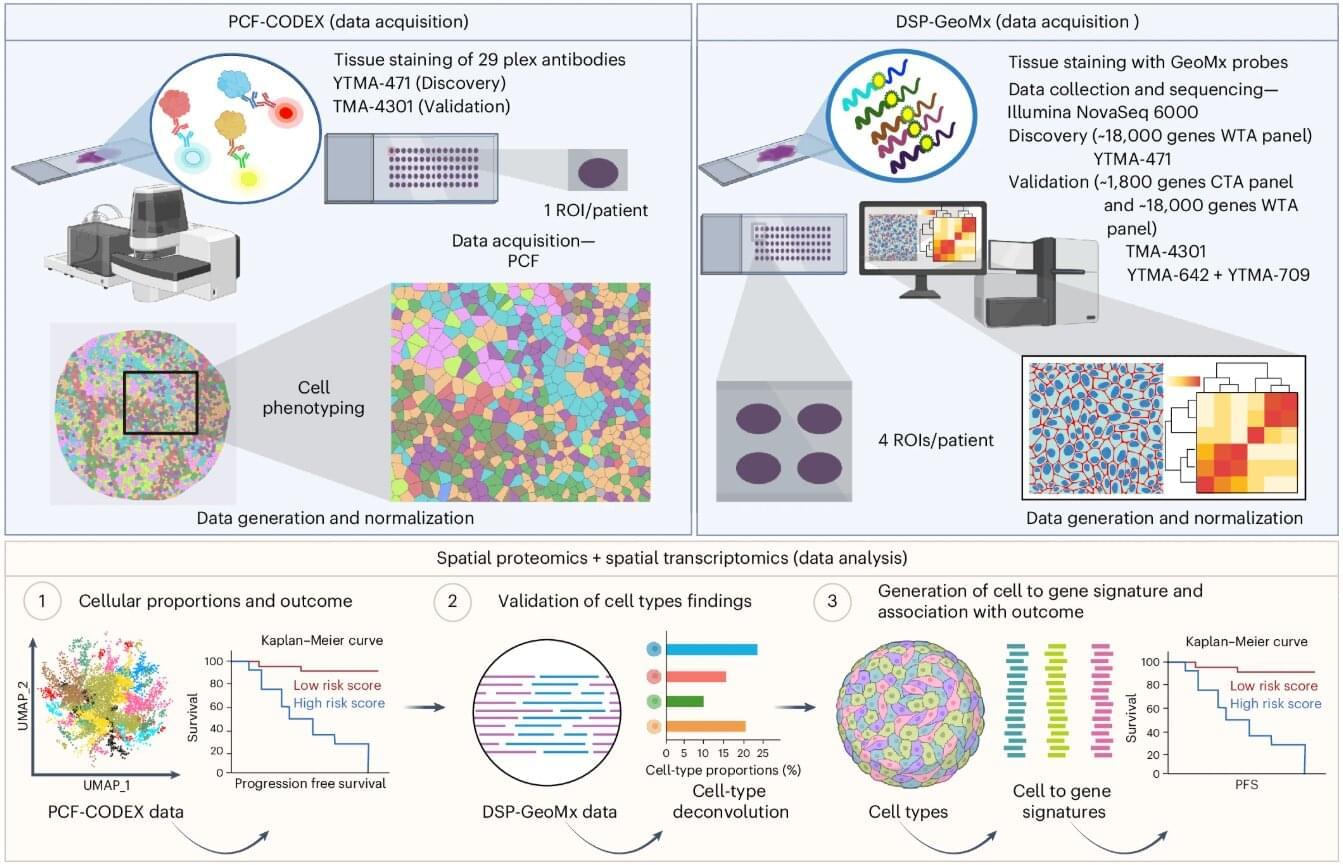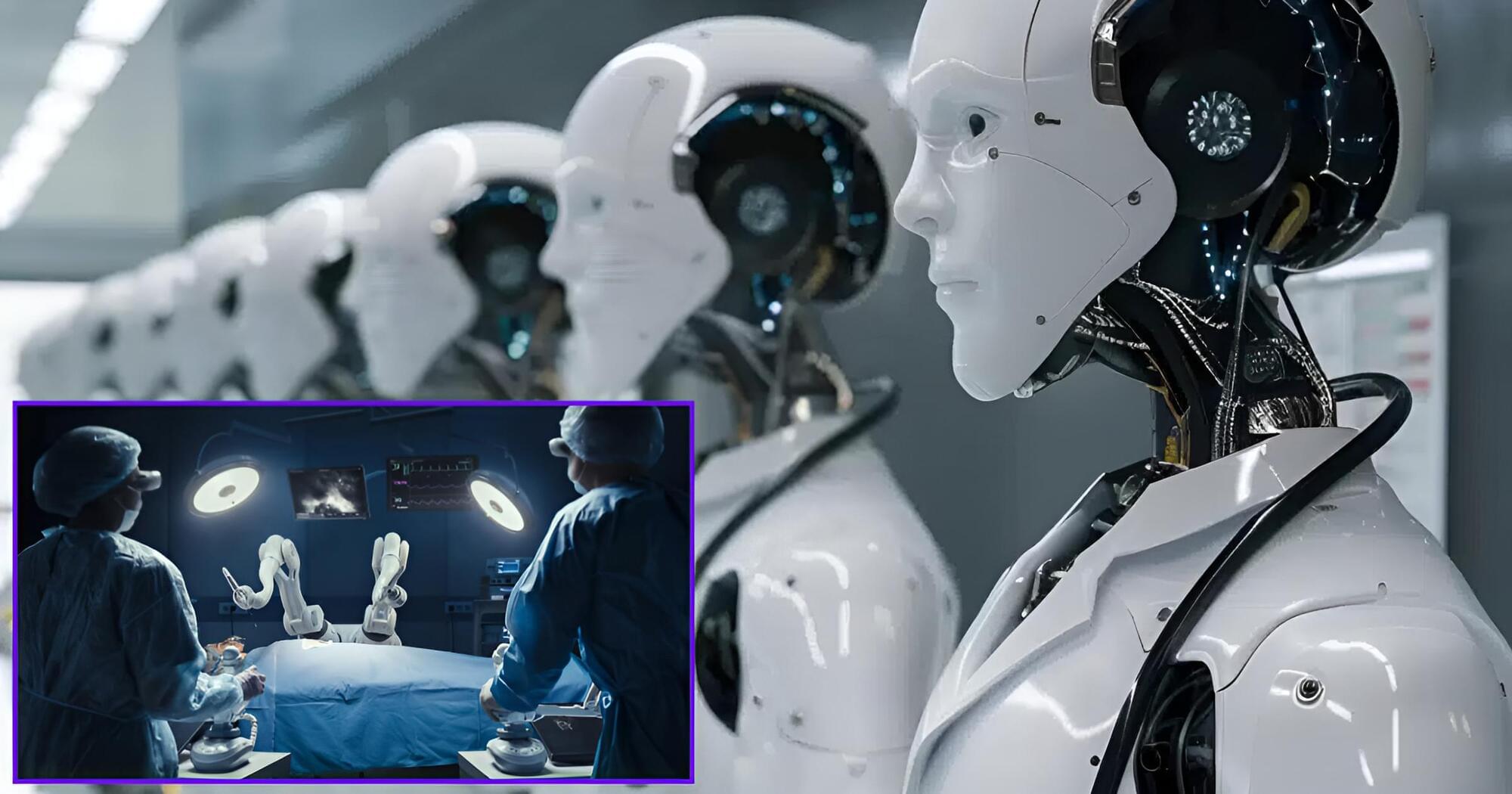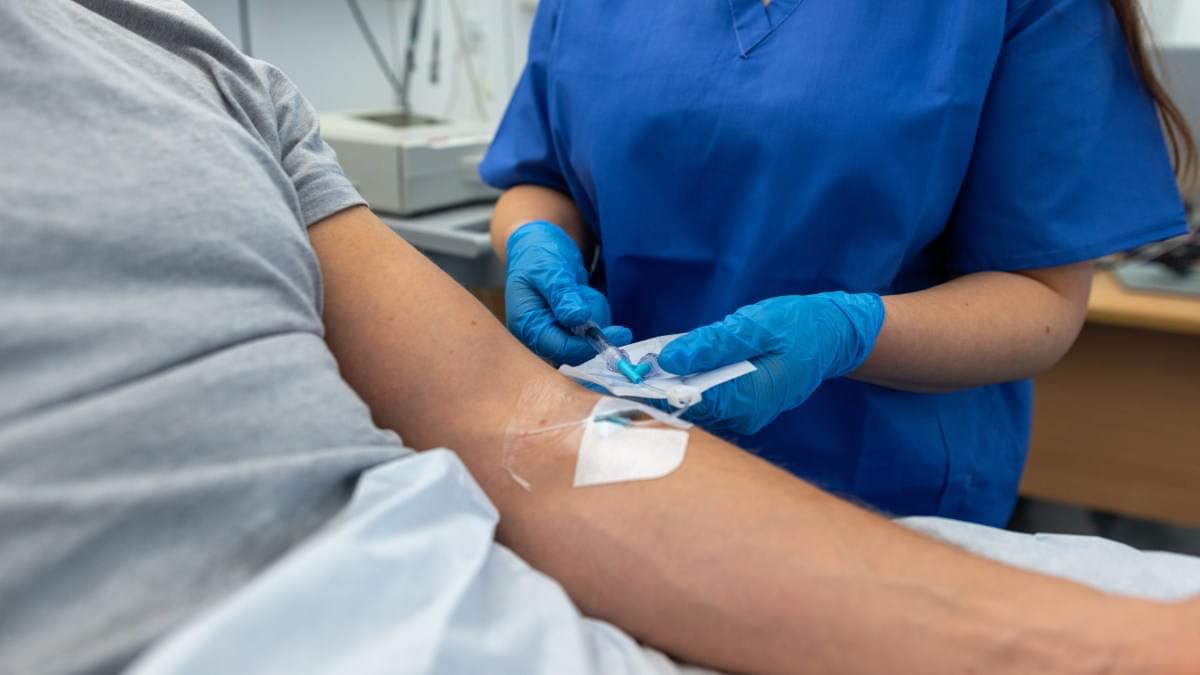Hearing the sound of their mother’s voice promotes development of language pathways in a premature baby’s brain, according to a new Stanford Medicine-led study.
During the study, which is published in Frontiers in Human Neuroscience, hospitalized preemies regularly heard recordings of their mothers reading to them. At the end of the study, MRI brain scans showed that a key language pathway was more mature than that of preemies in a control group who did not hear the recordings. It is the first randomized controlled trial of such an intervention in early development.
“This is the first causal evidence that a speech experience is contributing to brain development at this very young age,” said the lead author, Katherine Travis, Ph.D., who was an assistant professor at Stanford Medicine when the study was conducted and is now an assistant professor at Weill Cornell Medical School and Burke Neurological Institute.


